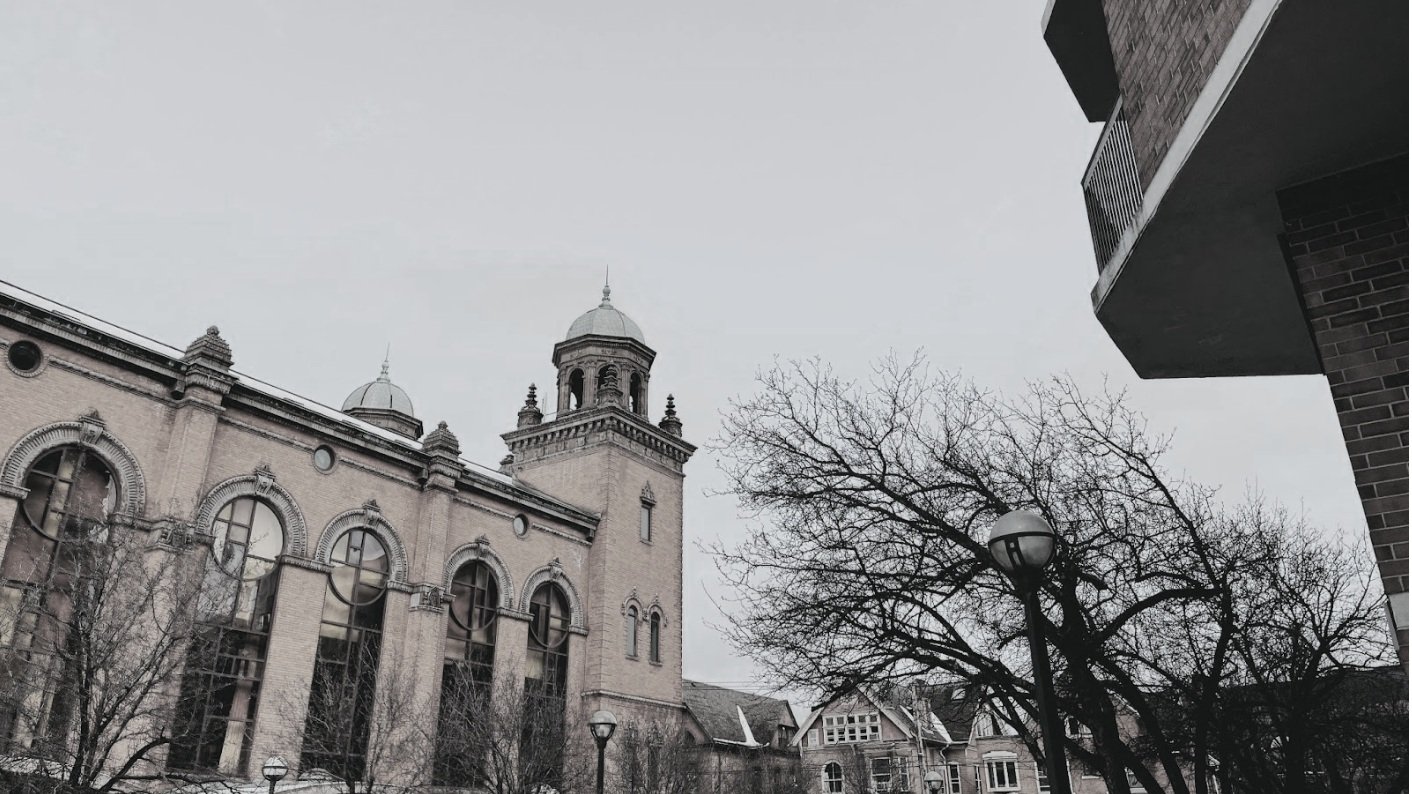Batter My Heart
December 31, 2021 | Shi Wen Yeo MC ‘23
image description: a row of ships, sunken and rotting in a clear sea. A small white boat approaches.
The famous English poet John Donne is said to have been so afraid of and obsessed about death that he, on multiple occasions, rehearsed his death by lying still in his hearse and having someone paint the dead likeness of him. Indeed, he was a poet of the English Renaissance, characterised by his polemic attitudes—in his youth, he wrote many famous erotic love poems yet moved to somber sermons in adulthood, and he even converted from the “salvation through works” Catholicism to “faith and works” Anglicanism to become an important preacher in the Church of England. Ostensibly, he was a troubled figure, full of personal vacillations and characterised by contradictions—not unlike many Christians today.
Perhaps most striking and memorable though, is the way that Donne struggles. Unlike other preachers who presumed moral superiority over their parishioners, Donne constantly laid bare his spiritual vacillations. Like any other Christian, he struggled with perennial questions — am I saved? What happens after I die? What is the relationship between me and God? The relatable nature of his meditations is incredibly humanizing and provides important insights into the life of a Christian.
Donne’s meditations on depravity stand out most strikingly among the theological Gordian knots that he struggles to untie in his poetry. In “Batter My Heart,” one of his most famous poems of his Holy Sonnets cycle, he systematically rejects any notion of the goodness of his own being and very physically humbles himself to enter into communion with God.
A witty cynic might interject here with great skepticism, levying the Nietzchean criticism that Christianity is for losers and self-loathers. However, I think that this has really deep, great implications for how we view the world. If you have ever pondered questions of theodicy, asking questions about why there is evil in the world, if God exists, or why a good God would put humans through trials and tribulations, then Donne offers an important invitation. His central argument is this—we as human beings are so very depraved, down to the very fiber of our being, that there is absolutely no good in us to warrant any pleasure or happiness in the world at all. If not for God’s grace, we should, by right, be damned to hell. Yet, it is through the deeper realisation of our own inherent depravity and the violent denial of our own selves, that we are able to access a higher plane of communion with God. In other words, only when we are broken can we be made new.
The poem begins with a spondaic imperative, “Batter my heart.” The heart is such a fragile organ, containing what Renaissance England believed to be the very essence of a human’s soul and person, yet Donne opens the poem with this bold injunction for the tripartite God to “batter” it. This verb, however, does not exist in isolation. Rather, it is but one of many tools that the God has in his possession, as seen by the litany of verbs that quickly follows: “knock, breathe, shine, and seek to mend” and then “break, blow, burn, and make me new”. What the speaker is asking of God here is not simply corrective in nature, as seen by the escalation from more mild verbs such as “knock” and “breathe” to more violent verbs such as “break” and “burn.”
While in some things God is like a tinkerer, clearly working towards the edification of the speaker, as a smith might “shine” metal, in other instances, His actions are unclear and seem wanton and brash. In this we can see the universality of the sentiment that Donne is trying to capture—sometimes we cannot understand why God puts us through trials and tribulations. Certainly, sometimes God’s invitation to hardship has a clear motivation (“suffer by studying hard so you can become a doctor and help people”), but sometimes it doesn’t.
In the next quatrain, Donne moves swiftly onto a new metaphor, one of a captive town. He likens himself to a “usurp’d town to another due,” which is an important metaphor considering the obsession of Renaissance England with capture and conquest. His main faculty of “[r]eason” is “captiv’d” and proves “weak or untrue.” That the speaker acts out the “weak[ness]” of “[r]eason” by the inability to choose a word between “weak” and “untrue” underscores his own scatter-mindedness.
Additionally, we can hear a personal voice ringing throughout these lines, especially in the moment where he creates a mid-line break, “[I] labor to admit you, but oh, to no end.” Note how the exclamation “but oh” is encapsulated within two commas which forces the reader to pause and breathe an exasperated sigh together with the speaker. The forced stop created by the commas also creates a laborious effect, which reinforces the speaker’s separation from God.
At the end of these two quatrains is then where we get the volta, which is the technical word for the moment where the idea in a sonnet drastically changes. Here, the volta is signalled by the conjunction “Yet.” And what follows then is a very tender declaration of love, sincere in its unadornedness––“dearly I love you.” Here is where we see Donne very quickly move into a confessional mode; he is determined to win back unity with God. Here, he brings in the very hallowed Renaissance institution of marriage and suggests that he would rather even forgo the marriage of himself to God if it means that his relationship with God can be restored.
The final two lines are perhaps the most important of this sonnet (and of most sonnets), since it usually contains the height of the sonnet’s argument. In this poem in particular, the final two lines are constructed chiasmically, which means that the two “except” clauses surround the two “never” clauses:
Except you enthrall me, never shall be free,
Nor ever chaste, except you ravish me.
This very visually shows us what it could look like for God to completely “imprison” the speaker to the extent that the speaker has a complete loss of agency, completely beholden to God to imprison him, and even “ravish” him. Of course, now we see why this poem violated so many religious sensitivities in Renaissance England given the stringent rituals in place at the time, but in using this sexual metaphor, Donne is able to communicate so powerfully the true extent of intimacy that he desires with God.
At its heart, this poem is one of paradoxes––the speaker must be violated in order to be chaste, divorced in order to be married, and broken in order to be made new. And this is precisely the central invitation of Christanity! Too often when we think of a new creation, we fancy God building upon what already has some goodness in it, and we resent Him when He takes away what we already have. But to think of ourselves as good enough to be built upon already presumes our own self worth compared to the surpassing worth of the Almighty.
As this poem reminds us, it is so important to sometimes take a step back and realise just how depraved we are, how stuck in sin that sometimes it is necessary for a complete overhaul of our own life and priorities. This could mean going through periods of trial and tribulation in family life, career, or even just making difficult choices to do the right thing at all times. But through this poem we are reminded of the blessed assurance that we can cling onto—that just as we are being tried, day after day, there is a Saviour who reigns sovereign, who is working in ineffable ways towards our edification and sanctification, who is breaking us to, in Him, make us new.







December 15, 2023 | Hannah Turner BK ‘24
I’m cast into the expanse of eyes as
I act to my best ability yet;
the lines I’d memorized now elude me.
Is “echoing what they said” worth my spot?